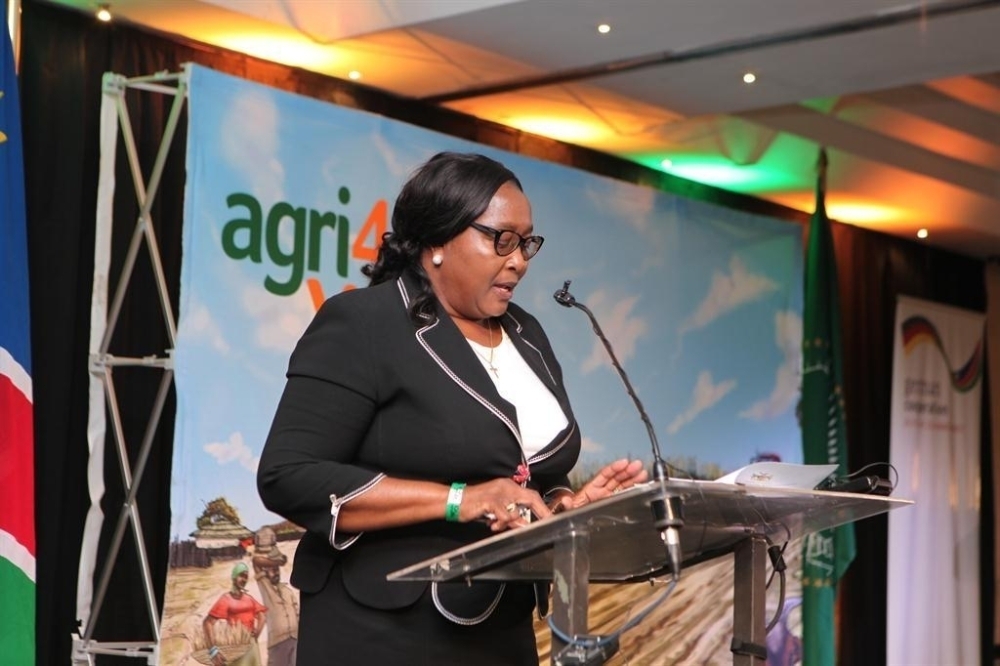Green hydrogen key to addressing global warming
The only way to limit global warming to no more than 1.5 degrees Celsius is by considering green hydrogen as a clean energy solution.
This according to deputy agriculture minister Anna Shiweda, who spoke at the Green Hydrogen Symposium being held in Windhoek this week.
She said African countries are confronted with a number of interlinked challenges, including climate change, low economic growth rates and poverty.
“For this reason, we are taking advantage of our abundant natural resources, such as wind and solar, which have the capacity for green hydrogen production.”
Shiweda said African countries could become more energy independent through the promotion and support of the development of zero-carbon industrialisation.
Partnerships
Namibia, as a founding member of the Southern African Science Service Centre for Climate Change and Adaptive Land Management (SASSCAL), can attest that it has successfully accomplished many activities since its establishment in 2010.
“It has indeed practically implemented many of its planned programmes and projects focusing on agriculture, woodlands and forestry, climate, biodiversity and water," Shiweda said.
She said the success of SASSCAL phase 1.0 was made possible without the financial support of its development partner, Germany.
Under SASSCAL phase 2.0, 13 research projects addressing regional research needs have been distributed across member countries.
“I believe that international and regional collaboration will be key to the development of our shared hydrogen economy and action plans that will set a standard for the success and realisation of green hydrogen production potential. We cannot achieve our hydrogen ambitions in isolation.”
This according to deputy agriculture minister Anna Shiweda, who spoke at the Green Hydrogen Symposium being held in Windhoek this week.
She said African countries are confronted with a number of interlinked challenges, including climate change, low economic growth rates and poverty.
“For this reason, we are taking advantage of our abundant natural resources, such as wind and solar, which have the capacity for green hydrogen production.”
Shiweda said African countries could become more energy independent through the promotion and support of the development of zero-carbon industrialisation.
Partnerships
Namibia, as a founding member of the Southern African Science Service Centre for Climate Change and Adaptive Land Management (SASSCAL), can attest that it has successfully accomplished many activities since its establishment in 2010.
“It has indeed practically implemented many of its planned programmes and projects focusing on agriculture, woodlands and forestry, climate, biodiversity and water," Shiweda said.
She said the success of SASSCAL phase 1.0 was made possible without the financial support of its development partner, Germany.
Under SASSCAL phase 2.0, 13 research projects addressing regional research needs have been distributed across member countries.
“I believe that international and regional collaboration will be key to the development of our shared hydrogen economy and action plans that will set a standard for the success and realisation of green hydrogen production potential. We cannot achieve our hydrogen ambitions in isolation.”




Comments
Namibian Sun
No comments have been left on this article